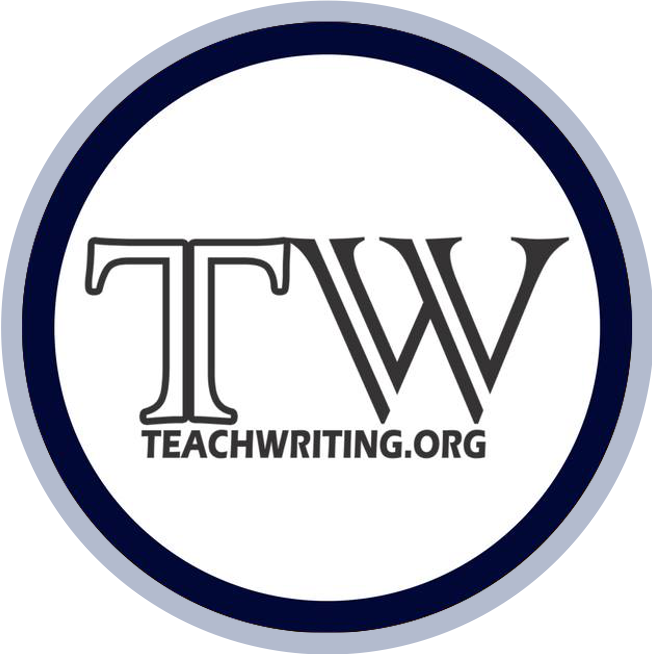Assessing individual student skills at the beginning of the school year is important for teachers to establish a baseline from which to monitor student growth. This is especially important at the secondary level where we have an influx of students from diverse educational backgrounds all converging into one larger secondary school.
Read MoreThis article is meant for secondary teachers who are on the fence about whether to try reading and writing workshop in their class next year. Below you'll find ten convincing (I hope) reasons why you should definitely give workshop a chance!
Read MoreWithin a literary analysis, students are required to think deeply about a given text, then make inferences and provide evidence to support that inference. Not only does the skill of drafting a quality literary analysis response support students in high school English classes, but will essentially define much of their English coursework in college.
Read MoreHow can teachers help older students enjoy writing? Negativity and reluctance is a mindset that is established early on. However, in middle and high school, certain teaching approaches and strategies can help to change the way students view themselves as writers. Create a positive writing culture and maintain it through the year. These nine approaches can help.
Read MoreNeed an engaging post-reading activity? One-pagers make for a strong assessment on their own, but they are also a great prewriting tool.
Read MoreThere are lots of creative ways to facilitate reflection at the end of the school year. Integrating novelty into any lesson makes it more interesting, and the same concept applies to reflection questions. So I set out to create an interactive "Prompt Sticks" Reflection Question game to get students more interested in assessing their learning at the end of the school year.
Read MoreEngage secondary students in a meaningful real-world writing activity at the end of the school year - or any time! Writing thank you letters is an important life skill, but it's becoming overshadowed by emails and text messages. Teach middle and high school students about how to spread love and kindness by encouraging others through writing.
Read MoreLearn more about using Found Poetry and Blackout Poetry as a creative assessment for those reading standards!
Read MoreBeing able to decipher the tone of a piece of writing is crucial to being able to decipher the thematic message of a text. This is absolutely true for analyzing poetry.
Read MoreOne of my favorite openers is to have students create a poetry collage using striking images they find in modern poets' work. I send them on an online journey through Billy Collins' beautiful project, Poetry 180: A Poem a Day for American High Schools.
Read MoreAs a teacher who loves teaching writing it is hard for me to admit I don't love teaching poetry. But here it goes...I don't enjoy teaching poetry. But I can't just skip teaching poetry! That would be writing teacher sacrilege!
Read MoreGetting older students to read and write poetry can be hard. Engaging poetry activities are critical for obtaining student buy-in. In this post from Reading and Writing Haven, read about five poetry activities older students will enjoy.
Read MoreFor years, I have been searching for ways to ‘gamify’ my classroom a bit more to increase engagement in content learning. Last month, I wrote about my argument games- five games to incorporate into your argument/persuasive writing unit. Like these games, my grammar games work to practice these challenging skills in a fun, collaborative, and even competitive manner.
Read MoreIt may come as a surprise to you that my favorite mini lessons are nothing fancy. Rather, they are lessons I tend to come back to again and again throughout the year because students desperately need them. They are lessons that focus less on content and more on behavior and the structure of writing workshop.
Read MoreIn need of some engaging writing activities for your next Shakespeare unit? Look no further. Check out these nine writing options that work with any Shakespeare play.
Read More
Needing inspiration for teaching writing in high school? In this guest post, read about one of Language Arts Classroom's favorite writing lessons to get students thinking critically and taking ownership for their learning.
Read MoreValentine's Day provides an opportunity during the month of February to focus on one of the most powerful topics in literature and art: LOVE. Love is as polarizing as the Valentine's Day holiday itself: some love it, and some hate it. Nonetheless...
Read MoreHere is my personal definition of a writing chart: any information displayed in your classroom to support students in their endeavors as writers. Charts can be small, medium or big. They can be handwritten or typed. They can be written on whiteboards or paper. I believe charts can even be digital and posted in Google Classroom for at home reference!
Read MoreI yearned for a way to practice skills such as evaluating the sufficiency of evidence and seeing multiple perspectives on a topic. I wished to help them in creating rich and effective arguments with elements of Ethos, Pathos, and Logos. Finally, I needed to find a way to help students in creating effective counter-arguments that actually refute the argument as opposed to simply changing the subject.
Read MoreTeaching high school students to avoid plagiarism is no easy task. Try these strategies from Reading and Writing Haven to scaffold students' understanding and lead them to success.
Read More



















